Menu
Menu
On September 15th, Dovetail Genomics held its first Epigenetics Summit (DT-Epi 2021) on how nucleosome-based approaches have advanced our understanding of chromatin conformation and its role in gene regulation. “Fast, furious, and loud” were some of the words used to describe this 4-hour event packed with exciting science delivered by leading researchers in the field of epigenetics.
The summit was attended by over 400 scientists who engaged with one another and had their questions answered by speakers through live Q&A, chats, and a networking break. Many speakers delivered presentations on unpublished research, giving the audience an early look at the latest findings in their respective areas. In this blog, I will provide a brief synopsis and cover the highlights from each of our speakers. If you missed the summit, we still have you covered. You can catch the on-demand recordings by registering HERE.
Following a welcome note by Dovetail’s CEO, Todd Dickinson, the presentations were kicked-off by Dr. Melissa Fullwood.
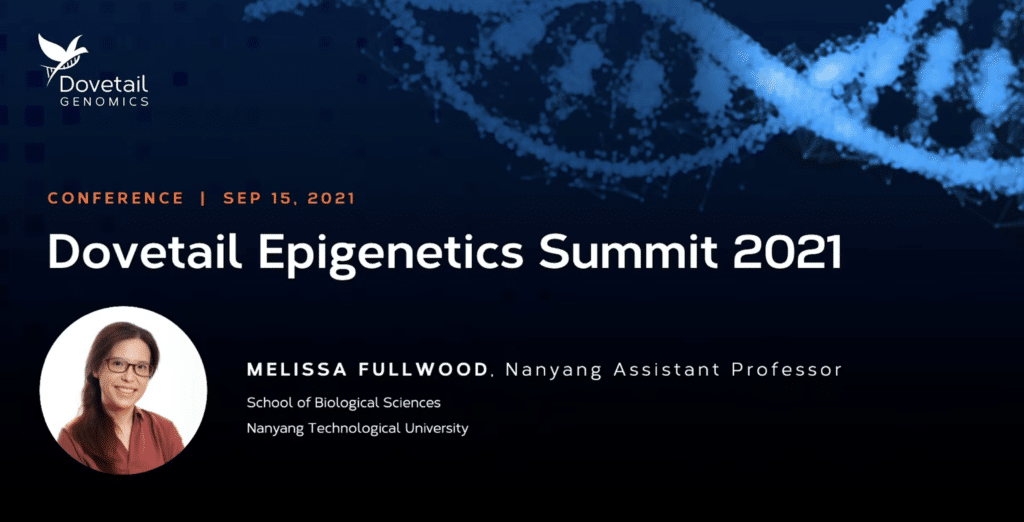
Dr. Fullwood presented data investigating silencer-associated chromatin interactions in human cells and the 3D genome organization in patient cancers. She explained how her lab identified H3K27me3-rich regions (MRRs) in human cells and showed that these regions are highly associated with chromatin interactions. Dr. Fullwood then demonstrated that MRRs can function as silencers of interacting genes. HiChIP data generated with the Dovetail HiChIP MNase kit were used in this study to investigate whether the chromatin interactions enriched within these H3K27me3-rich regions are indeed H3K27me3-bound.
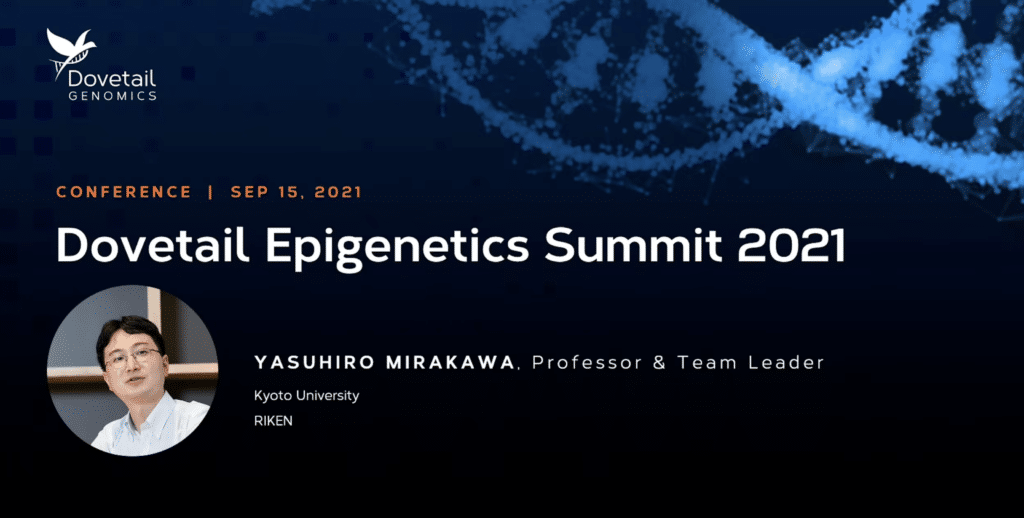
The second speaker was Dr. Yasuhiro Murakawa who focused his talk on the functional characterization of human disease pathways using high-resolution chromatin contact maps. Dr. Murakawa shared how his group identified hundreds of human enhancers associated with autoimmune diseases and linked these enhancers to their target genes using Micro-C data. These results are enabling the scientific community to gain a better understanding of the human GWAS data.
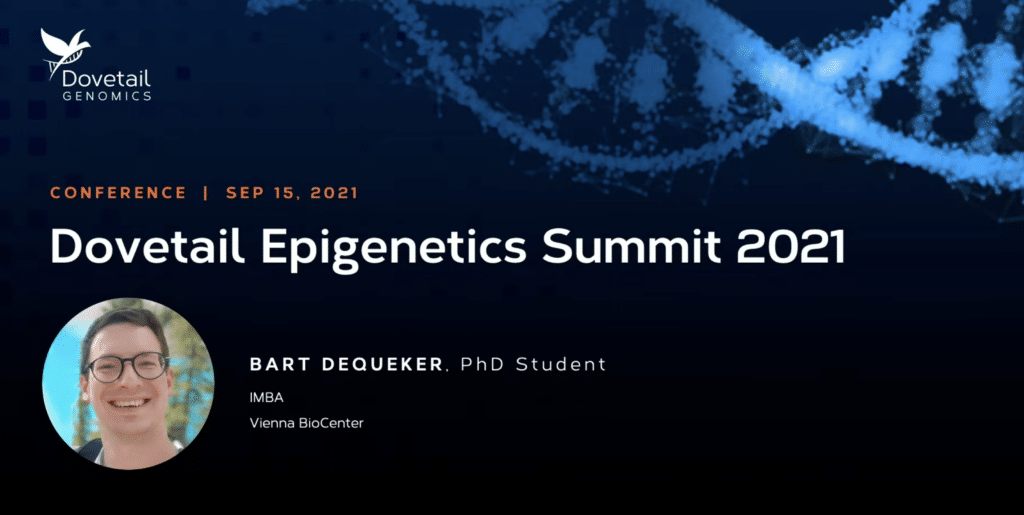
Bart Dequeker shared findings from his PhD work that focuses on the minichromosome maintenance (MCM) complexes. MCMs are loaded onto chromatin in G1 phase and are essential for DNA replication. Interestingly, more MCMs are loaded onto chromatin than are needed for normal S phase progression. The data presented suggested that the surplus complexes restrict the formation of CTCF-anchored loops in G1 phase and subsequently influence genome architecture. The increased resolution of Micro-C chromatin contact maps compared to Hi-C maps was leveraged in this study to examine loop formation.
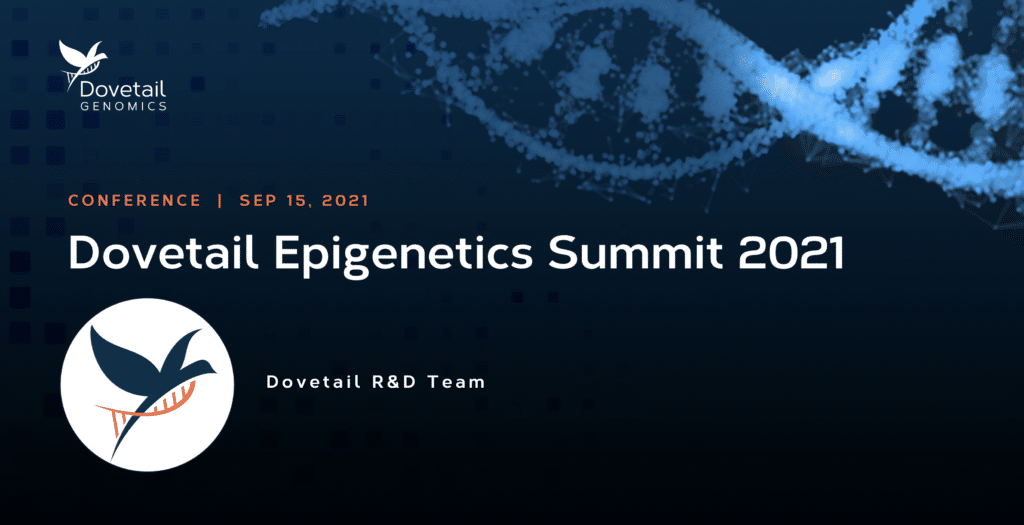
Direct from the makers – we got the inside scoop on Dovetail’s development of MNase-based approaches to proximity-ligation. Dovetail Research and Development leaders Dr. Marco Blanchette and Dr. Lisa Munding described how nucleosome-centric strategies overcome limitations of Hi-C to provide an unprecedented view of chromatin structure.
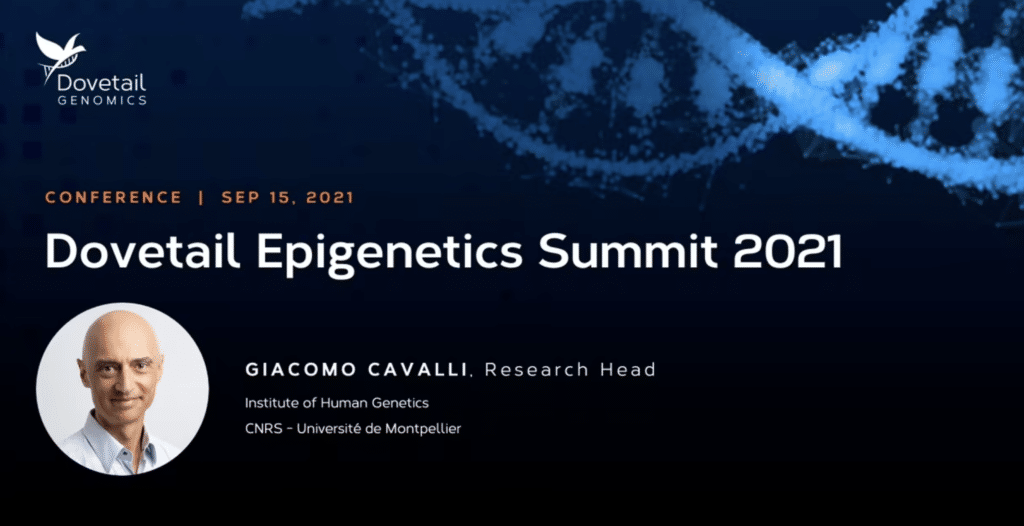
Next, Dr. Giacomo Cavalli dived into the principles of 3D genome folding focusing on Polycomb proteins. To access the details of chromatin architecture with the highest possible resolution, his lab has utilized Micro-C. Towards the end of the talk, Dr. Cavalli presented a newly developed, freely available, R framework which enables a bin-free normalization of proximity ligation data, leading to a robust “de-noising” of the data and a further increase in resolution.
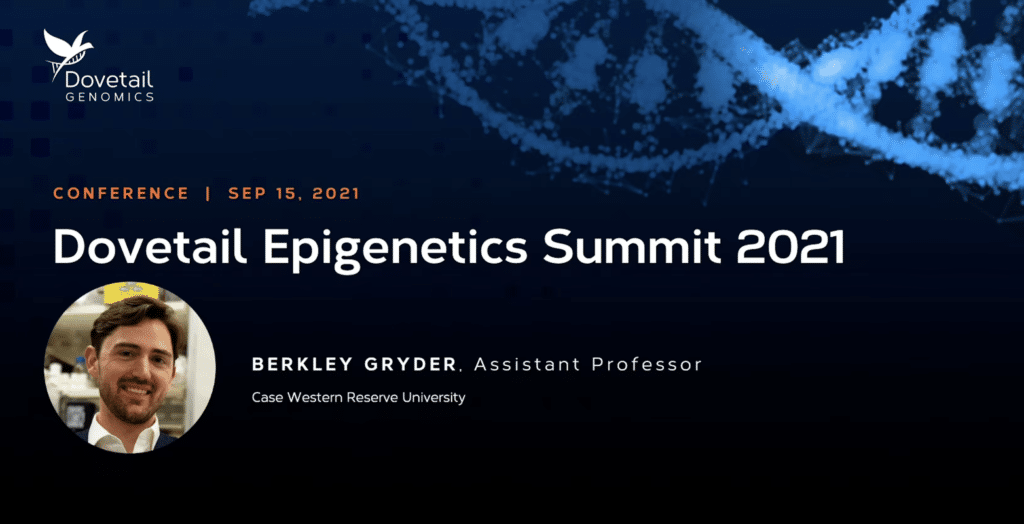
Our penultimate speaker, Dr. Berkley Gryder, expertly detailed the regulatory dynamics of tightly controlled transcription factors in the context of chromatin interactions and their role in sarcomas. His unique approach to HiChIP enabled a novel insight into chromatin architecture and its role in adolescent cancers.
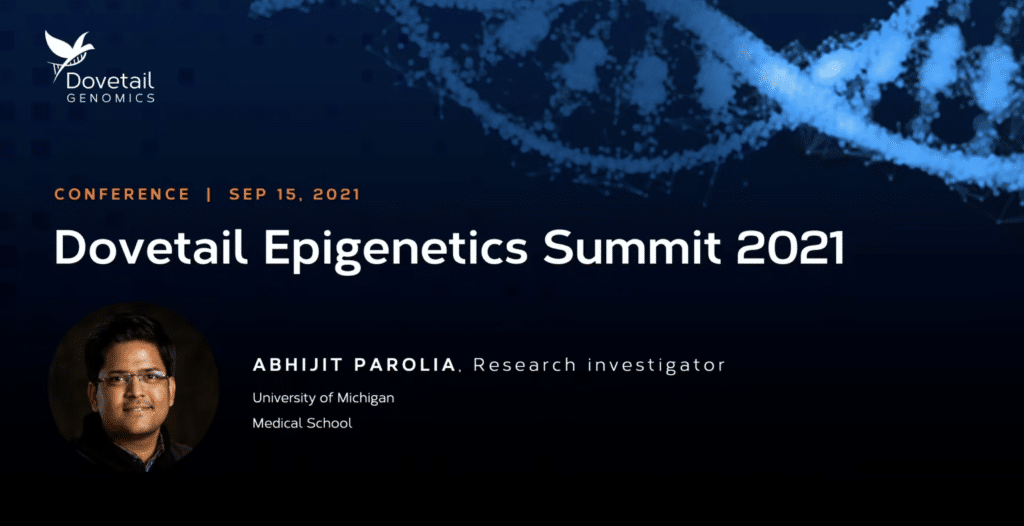
Lastly, to close off this half-day full of exciting content, we received an overview of how chromatin accessibility leads to oncogenic expression and enhancer-addicted promoters in prostate cancer from Dr. Abhijit Parolia. HiChIP reveals the specificity of their treatment approach in disrupting enhancer-promoter interactions, thereby ablating oncogenic programs.
Its international reach, line-up of speakers, and diversity of topics made the DT-Epi summit an event “worth waking up at 2 AM for” as a New Zealand attendee shared after the final talk. Don’t forget, you can re-watch each session of the summit HERE.
We look forward to seeing you at a future Dovetail event
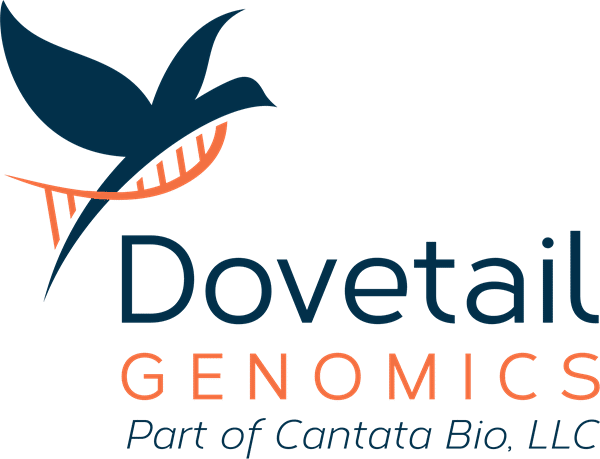 100 Enterprise Way
100 Enterprise Way